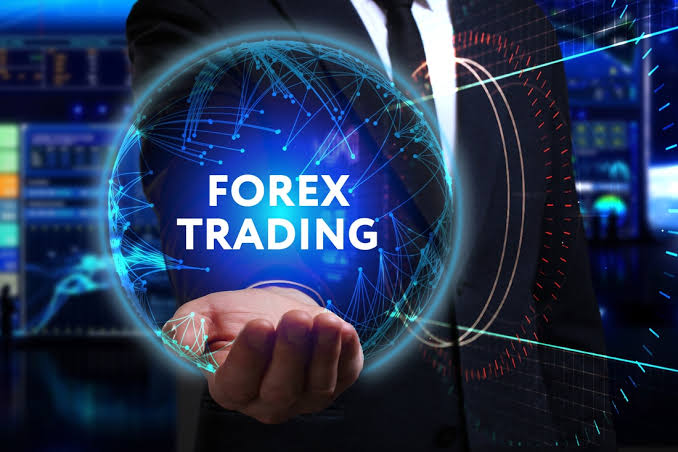
If you’re looking to venture into the world of Forex trading, finding the right Forex trading broker is crucial to your success. A good broker will not only simplify your trading experience but also provide you with the necessary tools and support to enhance your investment journey. In this guide, we will explore the essential factors to consider when choosing a Forex trading broker, as well as key features that can impact your trading performance. Whether you’re a beginner or an experienced trader, this information will help you make informed decisions. For a detailed analysis of brokers, visit forex trading broker ex-zar.com.
Understanding Forex Trading Brokers
A Forex trading broker acts as an intermediary between you and the interbank Forex market. They provide you with access to trading platforms where you can buy and sell currency pairs. Brokers earn their income primarily through spreads (the difference between buying and selling prices) and commissions on trades. Selecting the right broker involves assessing their reputation, trading conditions, and the resources they offer to their clients.
Key Factors to Consider
1. Regulation and Trustworthiness
The first and foremost factor when choosing a Forex trading broker is regulation. It’s essential to select a broker that is regulated by a reputable authority. This ensures that the broker adheres to strict financial standards and best practices, providing you with a level of protection for your funds. Look for brokers regulated by organizations such as the Financial Conduct Authority (FCA) in the UK, the Commodity Futures Trading Commission (CFTC) in the USA, or the Australian Securities and Investments Commission (ASIC).
2. Trading Costs
Trading costs include spreads, commissions, and any hidden fees. It’s vital to assess how these costs will impact your trading profitability. Compare the spreads offered by different brokers, as well as any commission structures they have in place. Some brokers offer zero commission trading but wider spreads, while others charge commissions but provide tighter spreads. Understanding your trading style will help you decide which cost structure suits you best.

3. Trading Platforms
The trading platform is your gateway to the Forex market. A reliable and user-friendly platform is crucial for executing trades efficiently. Look for brokers that offer robust trading platforms, such as MetaTrader 4 (MT4) or MetaTrader 5 (MT5), which provide advanced charting tools, automated trading options, and a wide range of technical indicators. Additionally, check if the platform is available on mobile devices to ensure you can trade on the go.
4. Available Currency Pairs
Different brokers offer varying selections of currency pairs. If you have a specific trading strategy or target currencies, ensure that the broker you choose provides access to those pairs. Major pairs like EUR/USD and USD/JPY are commonly available, but if you’re interested in exotic pairs, make sure your broker offers them.
5. Leverage Options
Leverage allows you to control larger positions with a smaller amount of capital, potentially increasing your returns. However, it’s important to understand that while leverage can amplify profits, it also increases the risk of significant losses. Different brokers offer varying leverage options, so assess your risk tolerance and choose a broker that provides suitable leverage levels for your trading strategy.
6. Customer Support
Effective customer support is essential, especially for new traders. Look for brokers that offer responsive customer service through various channels, including live chat, email, and phone support. Additionally, check for available educational resources, such as tutorials, webinars, and market analysis, which can aid in your trading journey.

Types of Forex Brokers
Forex brokers can be broadly classified into two categories: market makers and ECN (Electronic Communications Network) brokers. Understanding the differences between these types can help you make a more informed decision.
1. Market Makers
Market makers create a market for traders by setting bid and ask prices for currency pairs. They act as the counterparty to your trades, meaning they profit when you lose. While market makers often provide fixed spreads and easy access to trading, they may have conflicts of interest due to their role as the opposing trader.
2. ECN Brokers
ECN brokers, on the other hand, connect traders directly to the interbank market. This means you trade directly with other market participants, leading to better pricing and more transparency. ECN brokers usually charge a commission on trades and offer variable spreads, which can be narrower than those offered by market makers.
Conclusion
Choosing the right Forex trading broker is a critical step in your trading journey. By considering factors such as regulation, trading costs, platforms, and customer support, you can find a broker that aligns with your trading goals and preferences. Take your time to research different brokers, read reviews, and utilize demo accounts to test their platforms. With the right broker by your side, you’ll be well-equipped to tackle the exciting world of Forex trading. Always remember that successful trading requires continuous learning and adaptation to changing market conditions.
